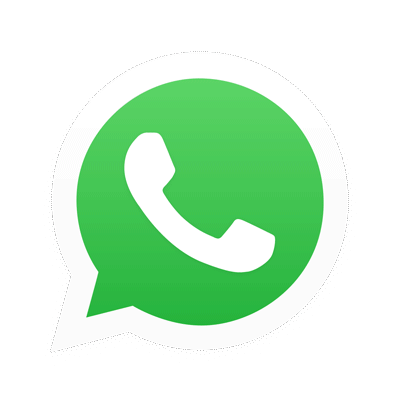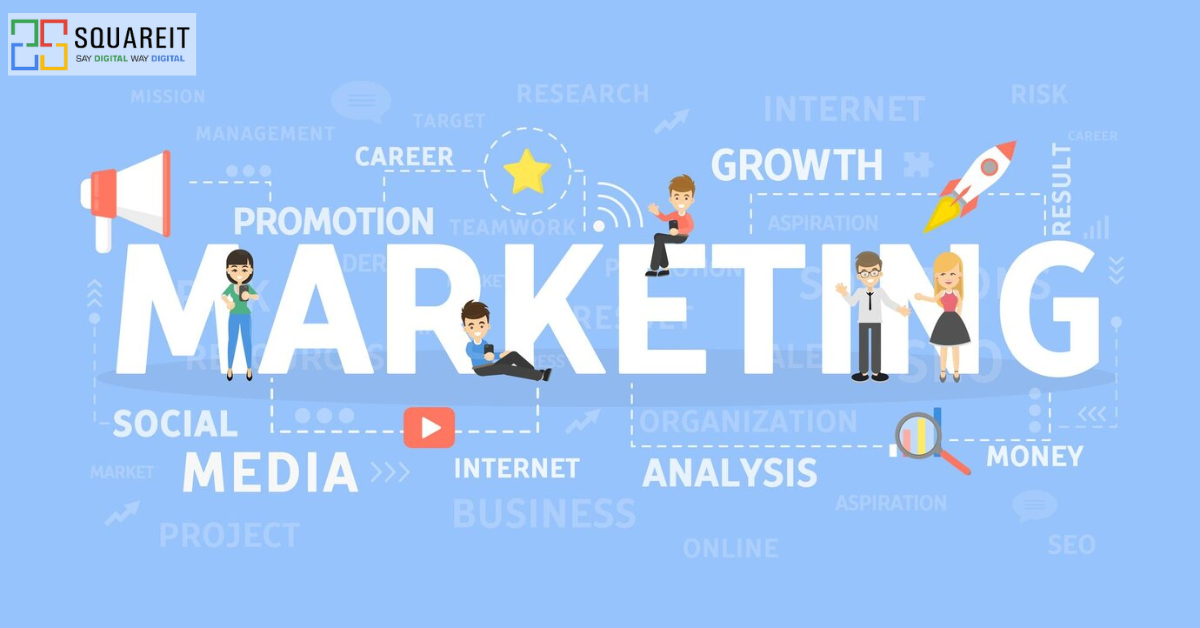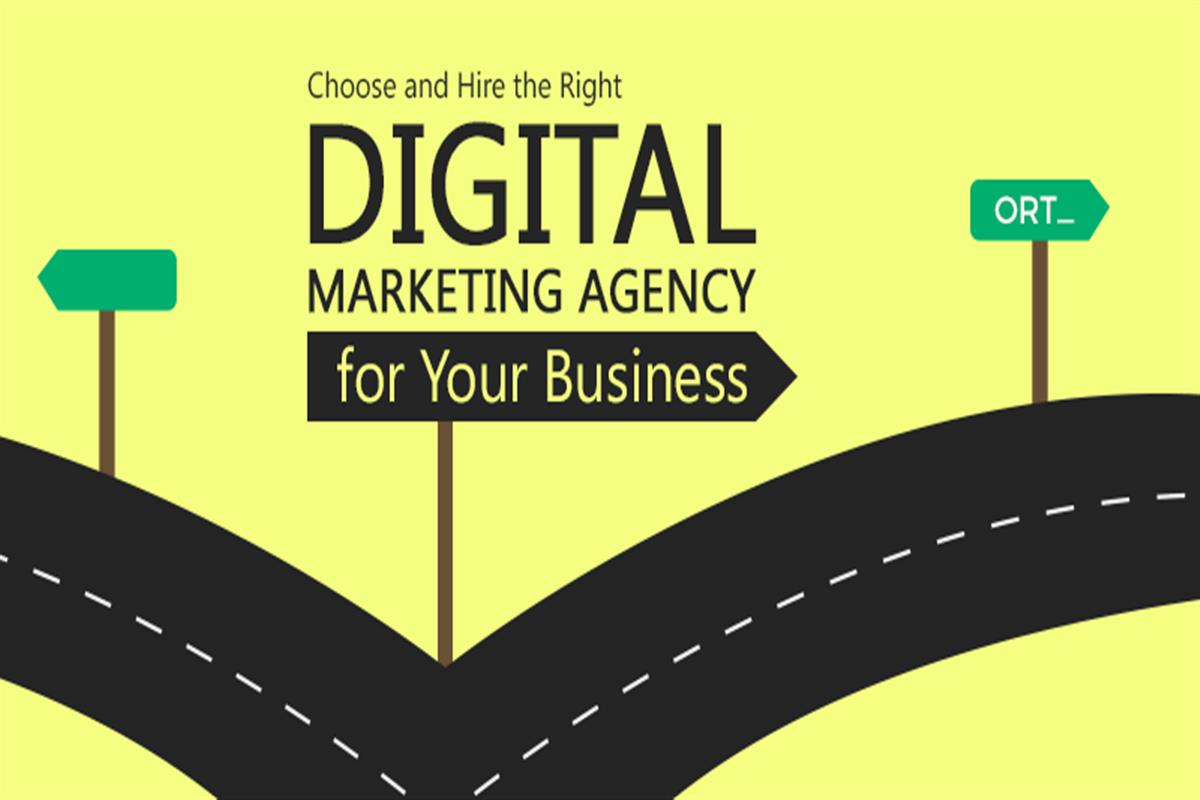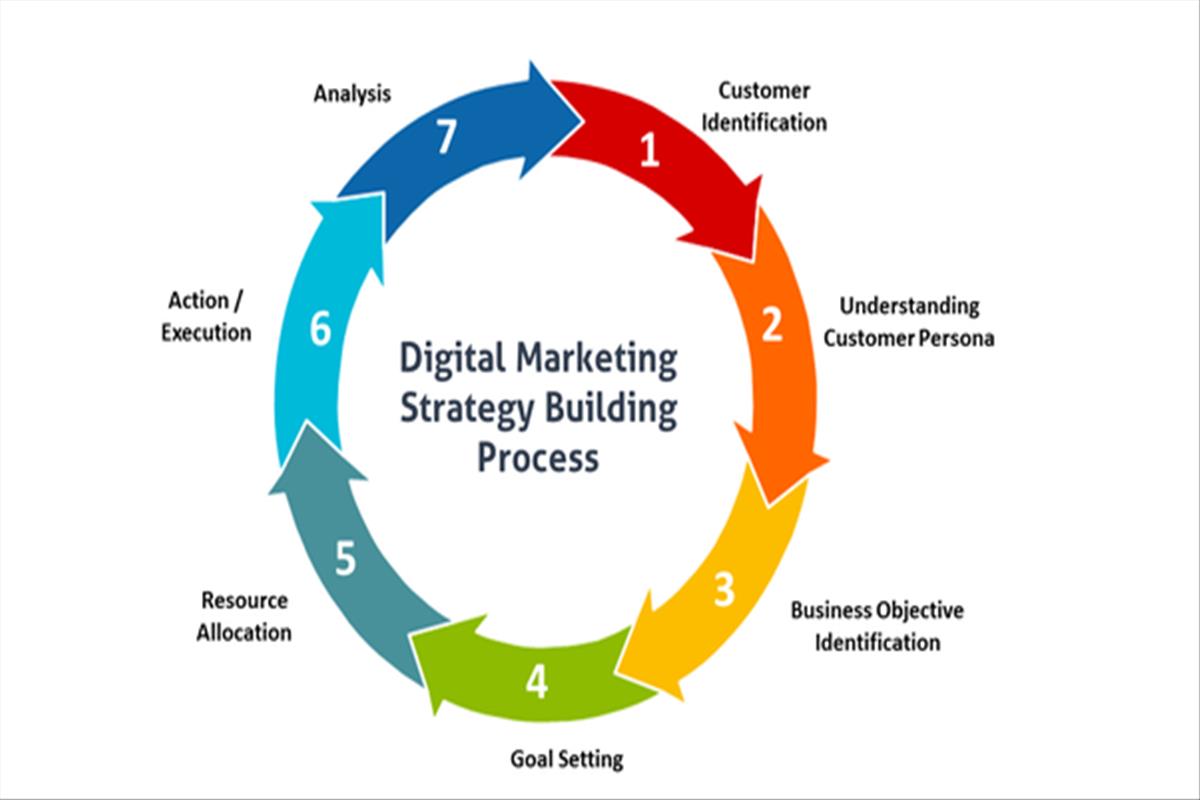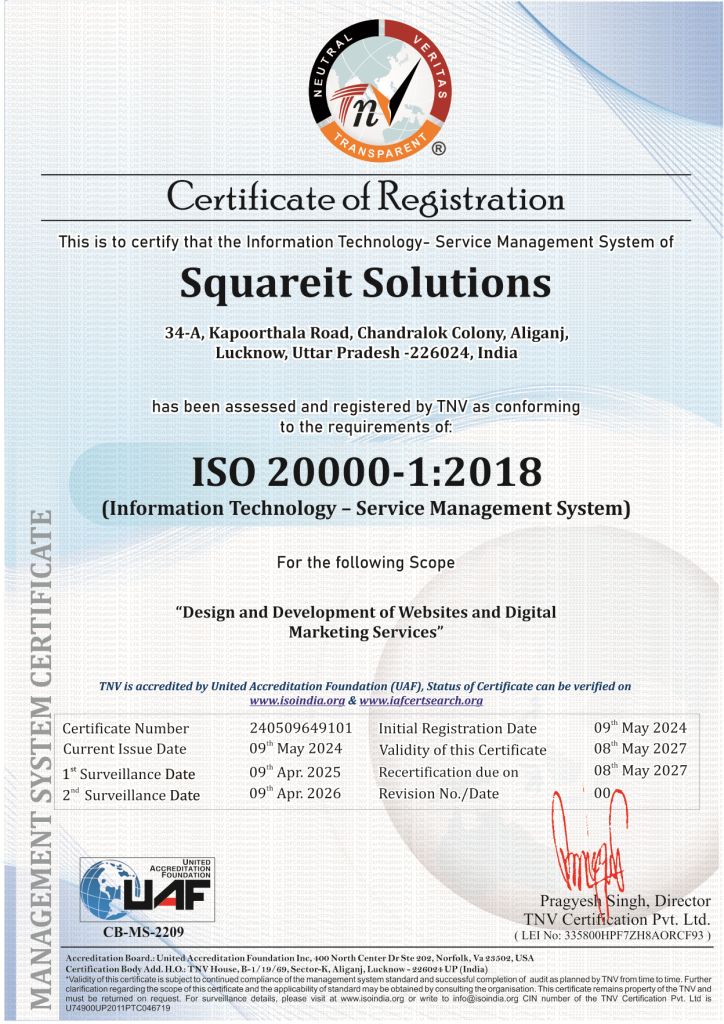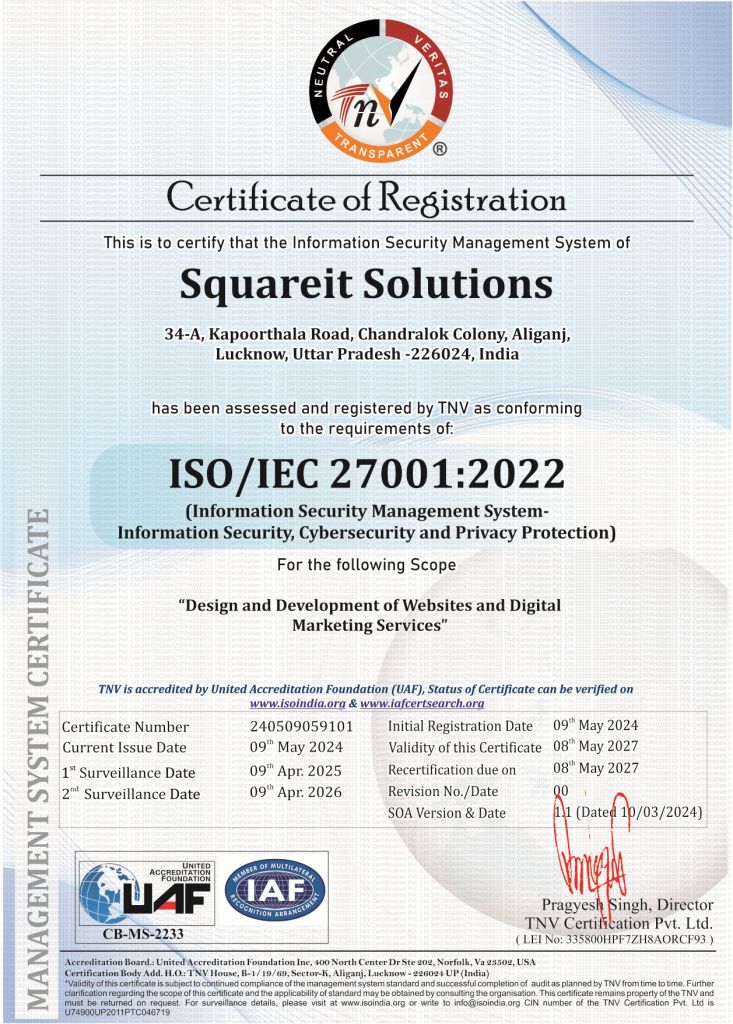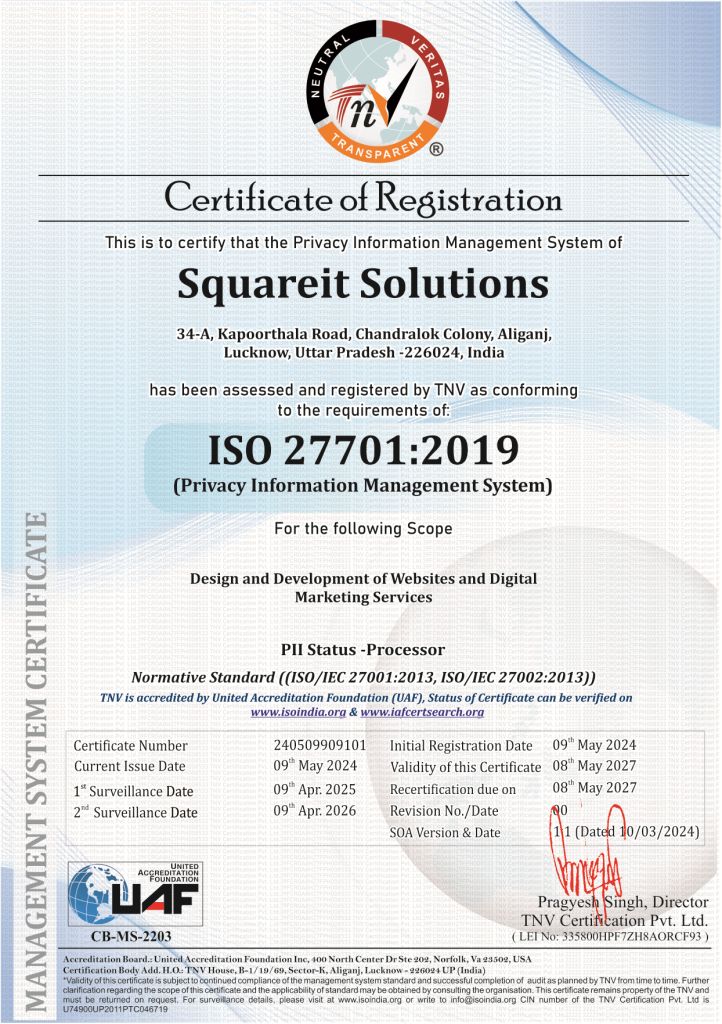Is performance marketing the same as digital marketing? Not quite. While digital marketing builds long-term brand presence, performance marketing focuses on measurable actions like clicks and sales. This blog explores what is performance marketing in digital marketing, the key differences between the two, and how combining both can maximize your ROI and business growth.
In today’s digital-first world, marketing jargon can get confusing. Among the most often asked questions by company owners is:
“Is performance marketing and digital marketing same?”
While both are essential to online growth, they serve very different purposes. This blog will walk you through what is performance marketing in digital marketing, how it works, and how it compares with broader digital marketing strategies.
What is Digital Marketing?
Digital marketing is a broad term that includes all online strategies used to promote a brand, product, or service.
Common digital marketing methods include:
- Search Engine Optimization (SEO)
- Content Marketing (blogs, guides, videos)
- Email Campaigns
- Social Media Marketing
- Influencer Collaborations
- Online PR and Branding
Goals of Digital Marketing:
- Build brand awareness
- Attract and educate your audience
- Increase organic traffic over time
- Establish industry authority
Think of digital marketing as the foundation of your online presence. It’s long-term, trust-building, and focused on nurturing your customer journey.
What is Performance Marketing in Digital Marketing?
Let’s break down what is performance marketing in digital marketing terms.
Performance marketing is a results-based marketing model. Payment is only made once a certain action is finished, like:
- A click on your ad
- A lead submission
- A purchase or signup
Common Platforms for Performance Marketing:
- Google Ads (Search & Display)
- Meta Ads (Facebook & Instagram)
- Affiliate Marketing
- Native Ads (Outbrain, Taboola)
- Amazon Sponsored Products
Goals of Performance Marketing:
- Drive fast, measurable results
- Optimize budget based on performance
- Track ROI in real time
- Focus on conversion metrics
In short, performance marketing and digital marketing work hand-in-hand, but performance marketing is strictly outcome-focused.
Key Difference Between Performance Marketing and Digital Marketing
If you’re wondering about the difference between performance marketing and digital marketing, this comparison table will help:
So, the main difference lies in their approach:
- Digital marketing is about building trust and visibility over time.
- Performance marketing is about getting instant, trackable results.
When Should You Use Performance Marketing or Digital Marketing?
Choosing the right strategy depends on your business goals and marketing budget.
Use Digital Marketing if:
- You’re launching a new brand and want to build awareness
- You aim for organic growth through SEO and content
- To educate and engage your audience is your main objective.
- You’re building a long-term strategy for sustained visibility
Use Performance Marketing if:
- You need leads or sales fast
- You’re running a time-sensitive campaign or seasonal offer
- Your budget is tied to ROI and conversions
- You want to scale a high-performing campaign quickly
Many successful businesses combine both. They use digital marketing to attract and nurture, and performance marketing to convert and sell.
Are Performance Marketing and Digital Marketing Connected?
Yes, absolutely!
Performance marketing is a subset of digital marketing. In fact, most performance campaigns won’t work well without a strong digital marketing foundation.
Example:
Let’s say you run a Google Ads campaign for a product.
- The ad brings traffic (performance marketing).
- That traffic lands on an SEO-optimized page (digital marketing).
- You send abandoned cart emails (also digital marketing).
These layers work together to drive better results.
So instead of asking, “Is performance marketing and digital marketing same?”, the better question is:
“How can I use both to grow faster?”
Conclusion
To sum it up:
- Digital marketing builds your brand presence over time.
- Performance marketing focuses on quick wins and conversions.
Understanding the difference between performance marketing and digital marketing will help you:
- Spend your budget wisely
- Reach your ideal audience
- Get measurable results
- Build a brand that lasts
If you want consistent growth, don’t rely on one alone. Use them together for maximum impact.
FAQs
1. Is performance marketing and digital marketing the same?
No. Performance marketing is a part of digital marketing that focuses on paying only for results, while digital marketing includes a wider range of strategies like SEO, content, and branding.
2. What is performance marketing in digital marketing?
It describes result-driven internet advertising campaigns in which marketers only pay when a certain action is taken, such a click, sale, or signup.
3. What’s the difference between performance marketing and digital marketing?
Performance marketing is short-term and conversion-focused, while digital marketing is broader and focused on long-term brand building.
4. Can I combine performance and digital marketing?
Yes! A smart strategy includes both—digital marketing builds your base, while performance marketing drives immediate results.
5. Which one should I choose for my small business?
Start with digital marketing for trust and SEO, then add performance campaigns when you're ready to scale and convert.
